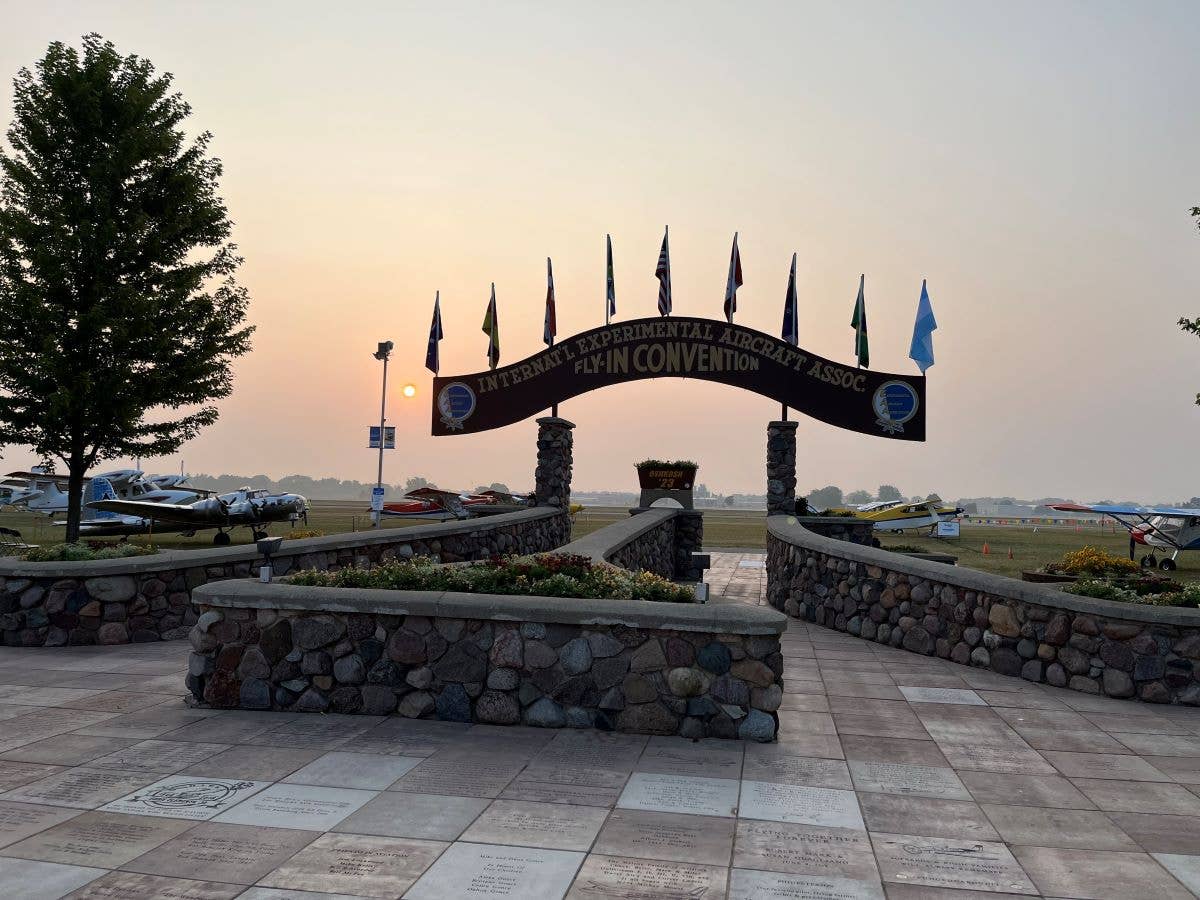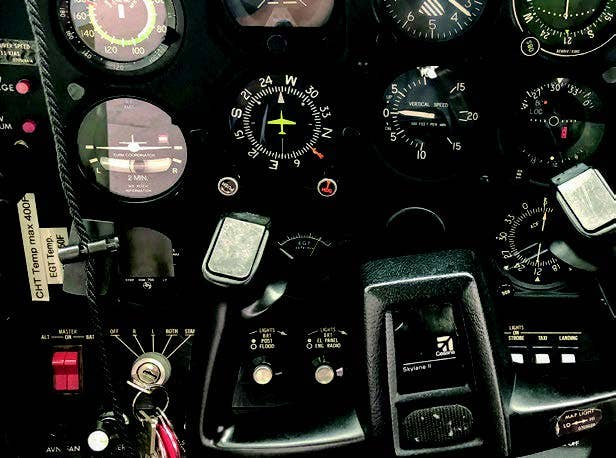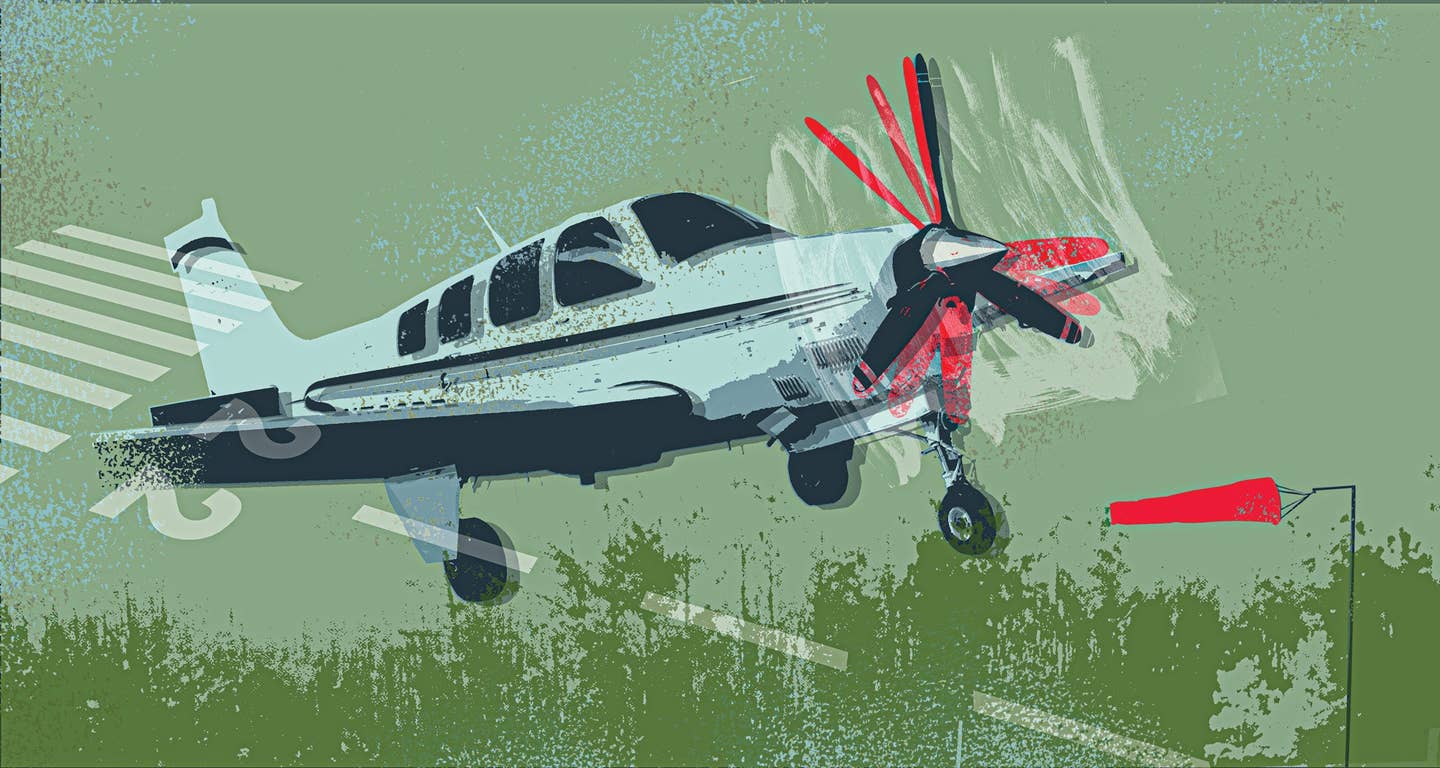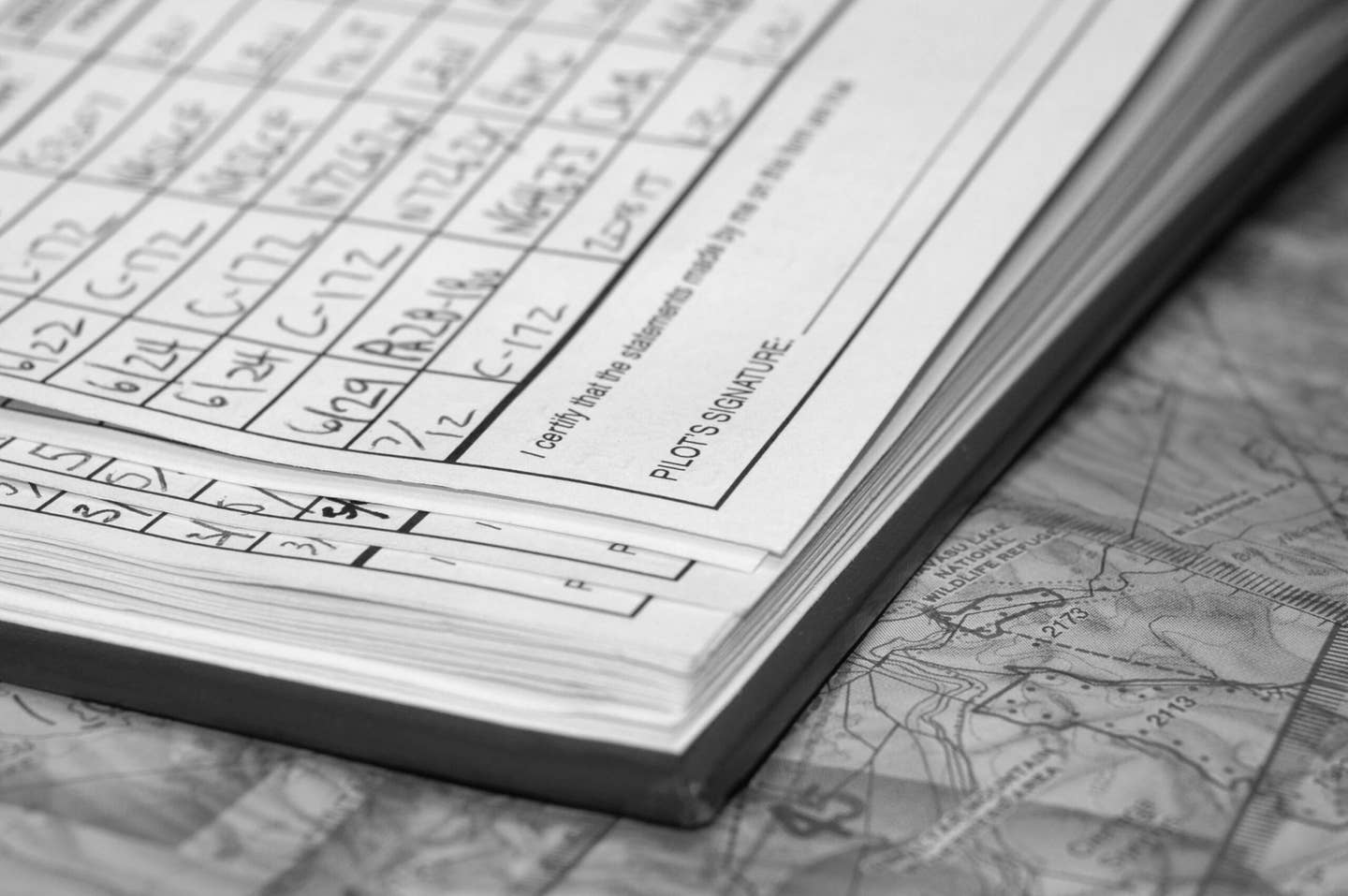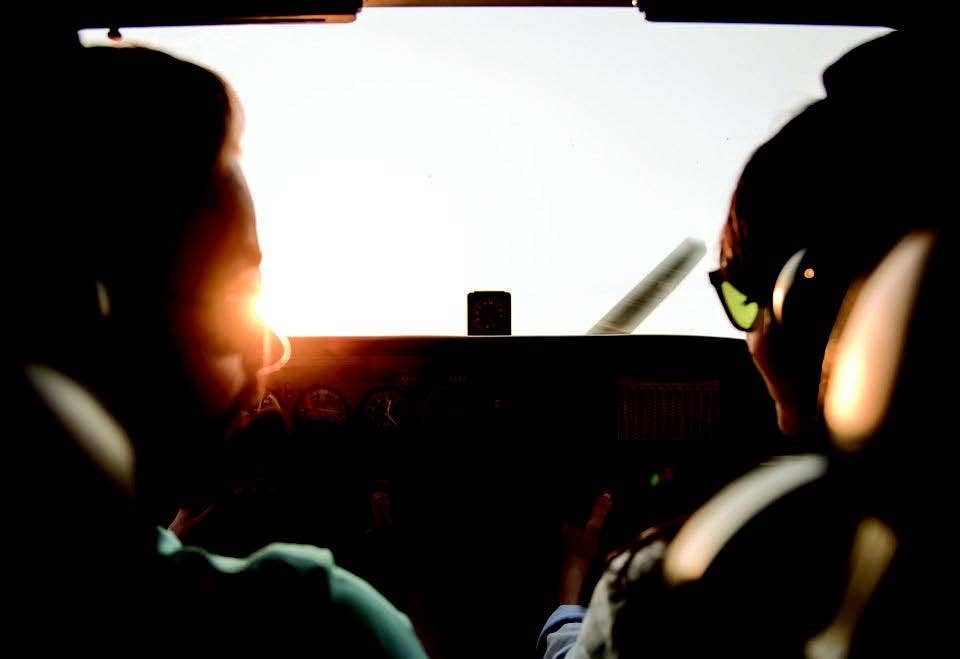
Aging gracefully is an art — and a pain in the butt. Philippe de Kemmeter
Recently, an iconic figure in the flying world celebrated his 80th birthday by soloing an Aeronca Champ — the very same Champ he first soloed on his 16th birthday in 1954. How sweet is that? This career airline pilot, author of numerous books, narrator of aviation programs and videos and, for 55-plus years, writer and columnist for another “obscure aviation rag” has managed to worm his way into the left seat of an astonishing 357 different types of airplanes. Now, this ought to be a record, but it seems a Royal Navy test pilot, Capt. Eric Brown, lays claim to 487 different types. So you can’t quit at 80, Barry Schiff; you have a lot more flying ahead to catch up with that Brit.
Birthdays are usually happy occasions, but pile up enough of them, and suddenly (or so it seems), you’re faced with growing, well, old, along with its inevitable byproducts. Monitoring the miles on our Fitbits, turning down second helpings of fries and desserts, regular checkups and — perhaps most of all — luck and good genes certainly contribute to long and good-quality life, but none of us is Peter Pan; even the fittest, healthiest and luckiest eventually face deteriorating eyesight, arthritis, cholesterol issues, cardiovascular concerns or diabetes. Every flyer I know, as he gets older, is obsessed with the impact of aging on his piloting skills and decision-making abilities (did I really use that phrase)?
A buddy and I made a pact some years ago that, if we saw seriously suspicious mental behavior in the other, we’d point him or her to the nearest mountain or thunderstorm. As we’ve gotten older, that scenario has lost some of its charm, and anyway, it would be a waste of a perfectly good airplane.
Aging gracefully is an art — and a pain in the butt. It was a seminal moment when I asked my aviation medical examiner’s nurse if I should write brown or gray in the “hair color” block on my application and she very gently said, “Uh, gray, dear.” And of course you remember the first time your medical carried the limitation, “Must wear corrective lenses.” Most changes are gradual and just annoying, such as trying to climb semigracefully into the back (not to mention the front) seat of a Cub; or making your crooked, arthritic fingers work while struggling to safety wire an oil filter; or scooting around on a creeper, degreasing the belly of an airplane.
For the more serious stuff, there seem to be two categories of flyers: those who realize “it’s time” and surrender gracefully, and those who either deny the problem or are willing to suffer whatever tortures the FAA has devised for a special issuance medical. Of course, with BasicMed, the picture has changed drastically.
I confess, I wonder about abuses or misuses of medical reform, but so far (it seems), so good.
The first age-related pilot event I witnessed was in the 1970s, when an airplane landed just before an airshow and swerved off the runway into the grass near the high-speed turnoff at Lunken Airport. The Cessna was intact and a passenger was standing beside it, but the tower had no contact with the pilot.
My flying school was nearby, and I ran out to the airplane, carrying an oxygen bottle. I can’t remember if the pilot was laid in the grass by his teenage son or if the airport people who responded got him out, but I vividly remember doing mouth-to-mouth breathing and alternately holding the oxygen mask to his mouth while somebody did chest compressions. The fire department eventually arrived and took over, but his face was quite blue. There was no doubt he was gone.
He wasn’t really all that old, and it was certainly sad, but when Bing Crosby died during a golf game a few years later, I was reminded of this man who died on rollout after landing his Cessna 180. Not a bad way to go.
Working for the “dark side,” I encountered an assortment of aging-pilot issues — long-retired airline pilots flying night freight who had “fender benders” such as clipping wingtips on congested ramps, and retirees flying aerobatics with expired medicals. The “special issuances” they’d held required periodic tests, which were expensive, but the cost had been covered by their airlines.
And I won’t forget the elderly, confused pilot who flew his Bonanza from Florida for a doctor appointment, landing “no radio” at two controlled airports before reaching Cincinnati. At Lunken, obviously in distress and confused, he escaped an overzealous (no, a downright mean) FAA lady who had him chased by the cops and jailed for the weekend until he made bail and took a Greyhound home. Note: All she had to do was quietly (and, OK, illegally) disable the airplane.
Most of you have probably known the anguish of seeing old friends, longtime flyers, exhibit obvious signs of mental deterioration. A friend of mine — a much beloved airport owner and longtime CFI — got lost with a pre-solo student a few miles from his home airport. And when another close friend showed significant signs of dementia, I had the unhappy task of telling his sons he simply could no longer fly.
As I write, two friends are taking expensive, grueling two-day psychoneurological tests after “lack of oxygen” events.
But those disqualifying health issues aren’t inevitable with age.
I fondly remember Evelyn Johnson in Morristown, Tennessee, a CFI and pilot examiner into her 90s. And Bob Jones, “the man who taught eastern Idaho to fly,” was active well into his 80s. Medics agree that, while reaction time usually deteriorates with age, judgment and the ability to make good decisions often increase. Lots of 85-year-olds fly and successfully navigate the system — and lots of 60-year-olds can’t. I guess we have to honestly police ourselves and/or trust doctors, family and friends to intervene when necessary.
When I called to congratulate Schiff, he told me he was intrigued by that 18-year-old Australian kid who solo circumnavigated the globe in a Cirrus SR22. That gave me a wonderful idea, kind of like Mickey Rooney telling Judy Garland, “Let’s have a show.”
“Barry, let’s be the oldest pilots to fly around the world. It won’t exactly be solo, but whoever isn’t flying will be asleep anyway. And there are great ‘senior perks.’ If we find a Rite Aid or Walgreens en route, we get 20 percent off on the first Wednesday each month and save all kinds of weight from big bottles of Centrum Silver, Kaopectate, Pepto-Bismol, Maalox, Dulcolax, Bengay, etc. If we’re forced down in northern Russia, there’s a 5 percent senior discount on the Trans-Siberian Express, and $100 off Norwegian Cruise Lines if they find us bobbing around in a life raft. If we make Alaska, we get free hunting, fishing and trapping, and 10 percent off if we have to abandon our An-2 and hop a Trailways home.”
Capt. Schiff didn’t seem too excited.

Subscribe to Our Newsletter
Get the latest FLYING stories delivered directly to your inbox

